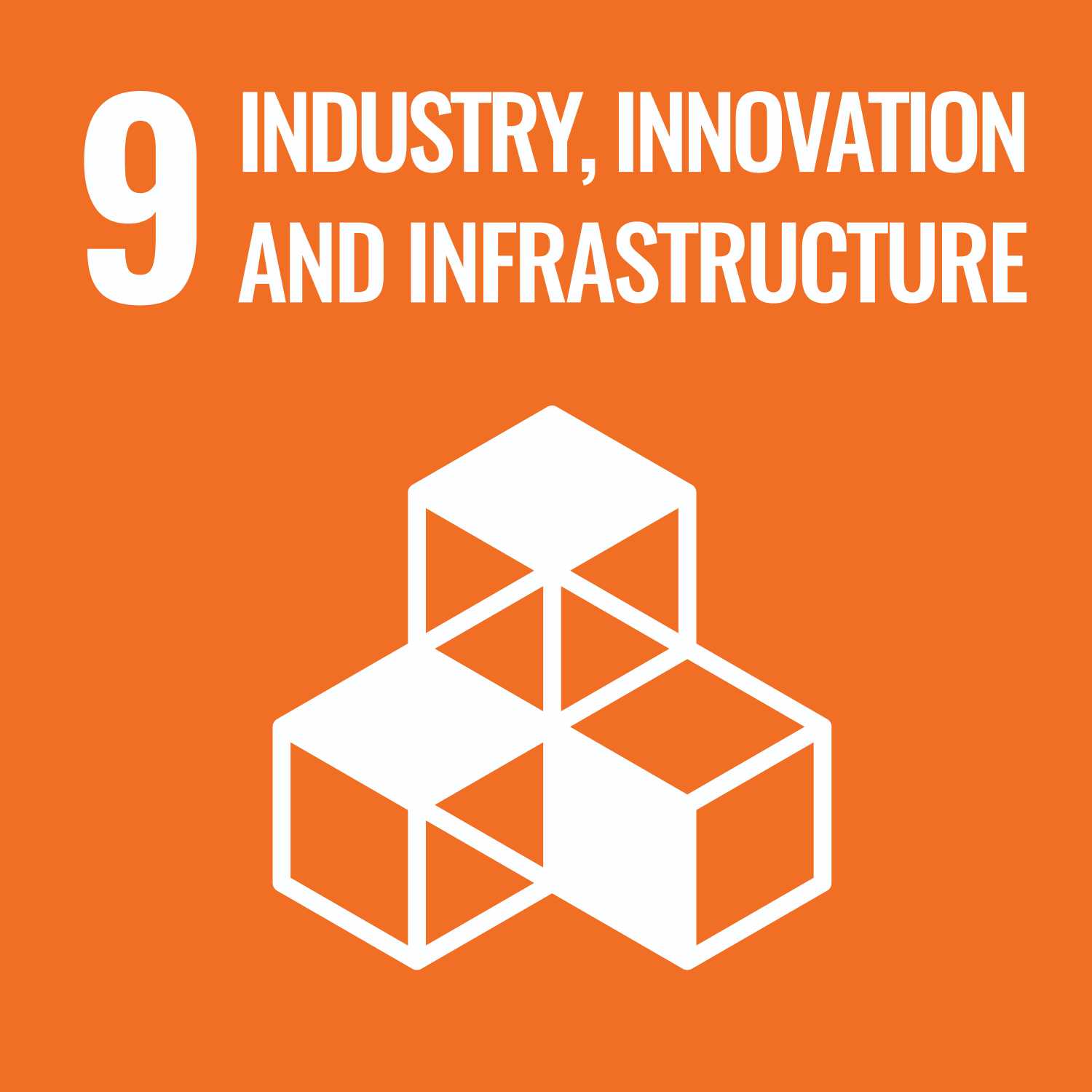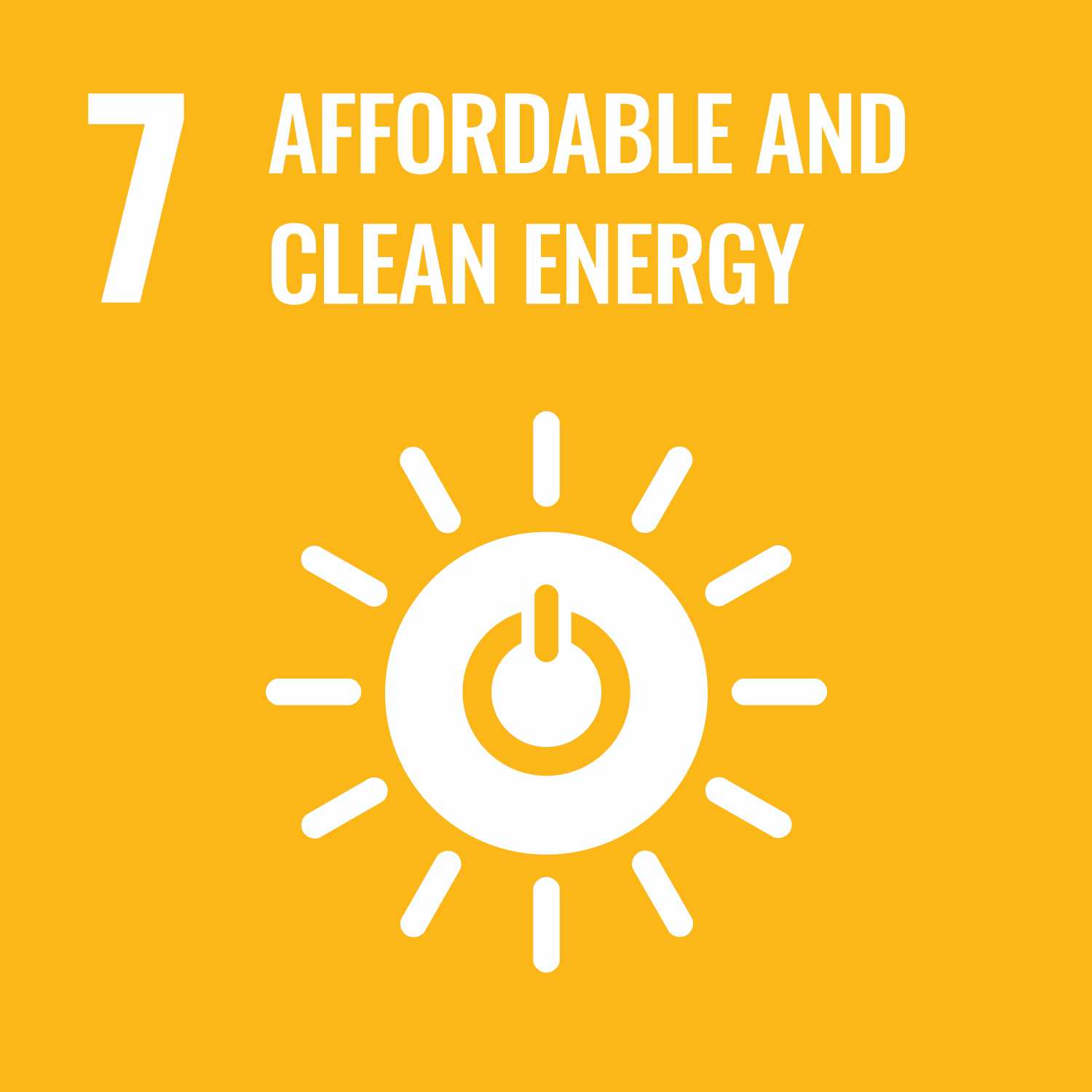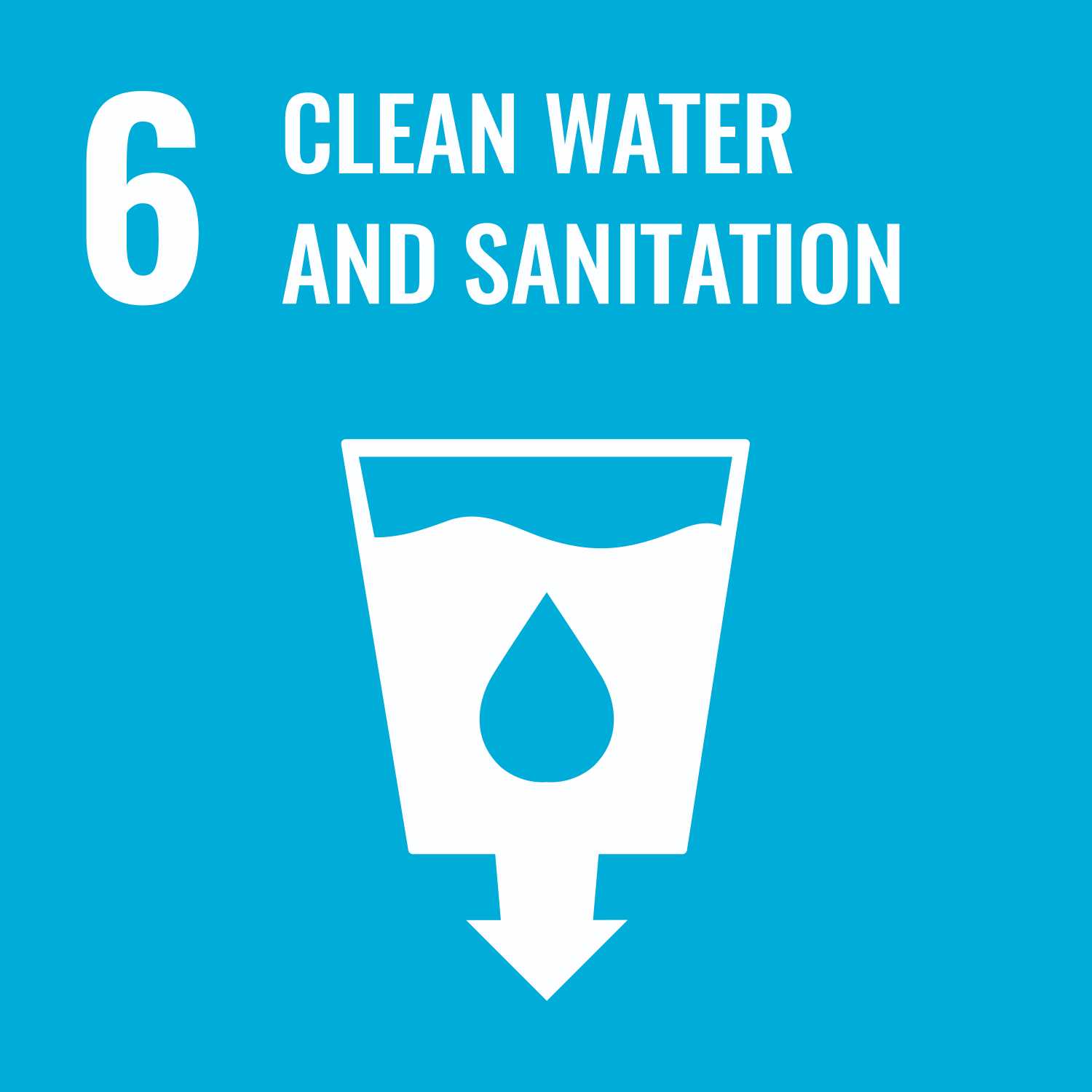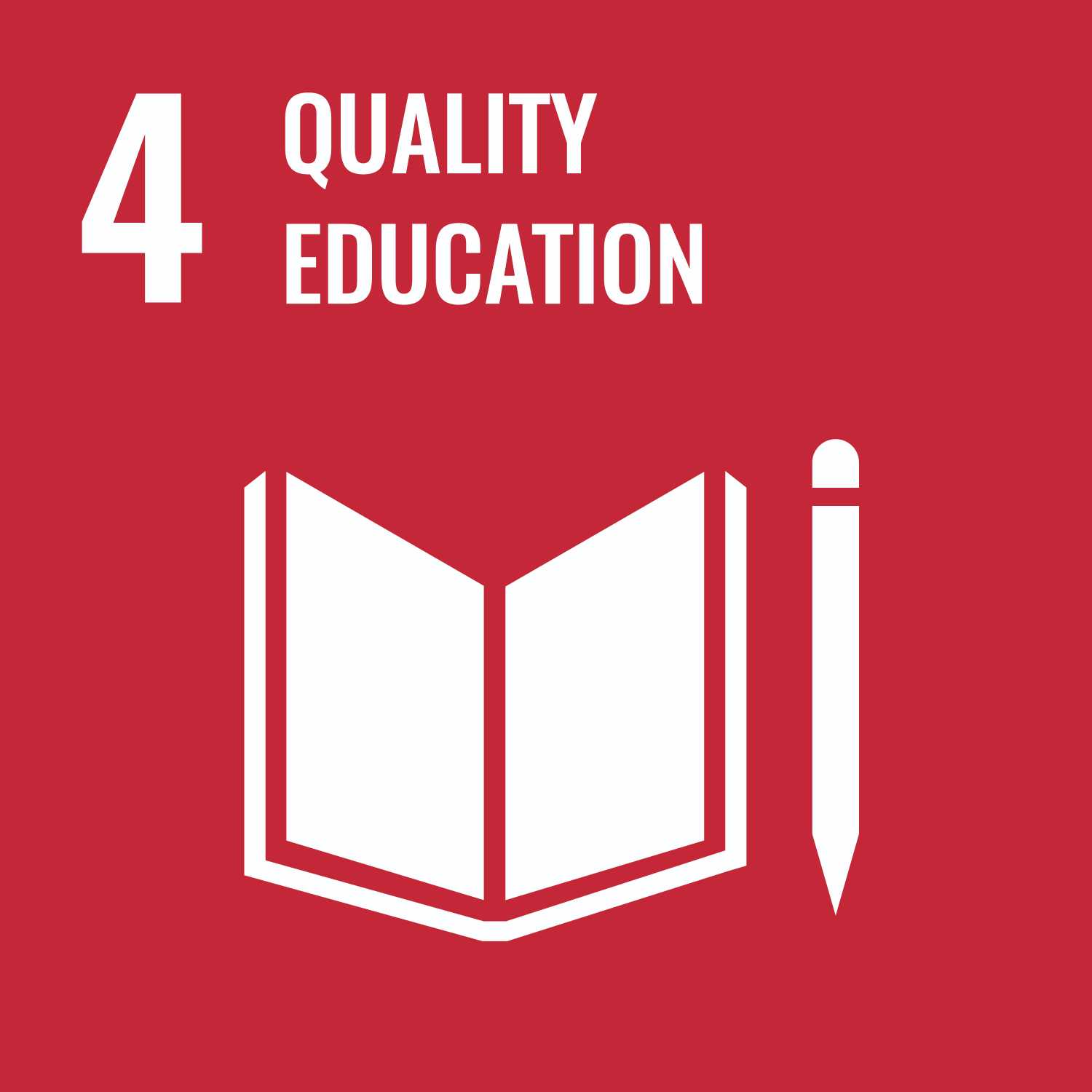



The Department of Physics organized a capsule course titled “Nanomaterial Synthesis” exclusively for first-year engineering students. The course aimed to introduce the foundational principles, synthesis techniques, and characterization methods involved in nanomaterial preparation. It also focused on stimulating scientific curiosity and encouraging early-stage research awareness among undergraduate students.
The course was structured covering both theoretical and practical aspects:
Introduction to Nanoscience and Nanotechnology
Top-Down vs Bottom-Up Approaches
Chemical Synthesis of Nanoparticles
Green Synthesis Methods
Characterization Techniques (FTIR, UV-Vis, SEM – basic introduction)
Hands-on Session: Combustion method on Synthesis of Metal Oxide Nanoparticles
Enhanced Scientific Awareness: Students gained a basic understanding of nanoscience, its applications, and societal relevance.
Skill Development: Participants were introduced to laboratory safety practices, chemical handling, and basic synthesis protocols.
Experimental Exposure: Students successfully synthesized metal oxide nanoparticles (e.g., ZnO or TiO₂) using a chemical precipitation method.
Interdisciplinary Learning: The course bridged concepts from chemistry, physics, and materials engineering.
Research Motivation: The hands-on experience inspired students to explore summer internships, mini-projects, and pursue deeper interests in material science.
Students expressed great interest in performing laboratory-based synthesis.
Many students appreciated the opportunity to work with real lab apparatus for the first time.
Several participants requested similar short-term courses in advanced topics such as sensors, coatings, and solar cells.
The capsule course served as an effective platform to nurture early-stage research interest in the field of nanomaterials. It provided valuable hands-on experience, foundational knowledge, and motivation for students to consider research and innovation in emerging areas of science and engineering
21st Century Engineering College in Coimbatore
World is transforming everyday. In the rapidly evolving engineering landscape, we have an Increased responsibility to transform the engineering education from traditional curriculum to meet the 21st century skills like Creativity, Critical Thinking, Collaboration and Communication. Through our unique and strategic approach we enable our students to learn beyond and prepare them for life long success.
